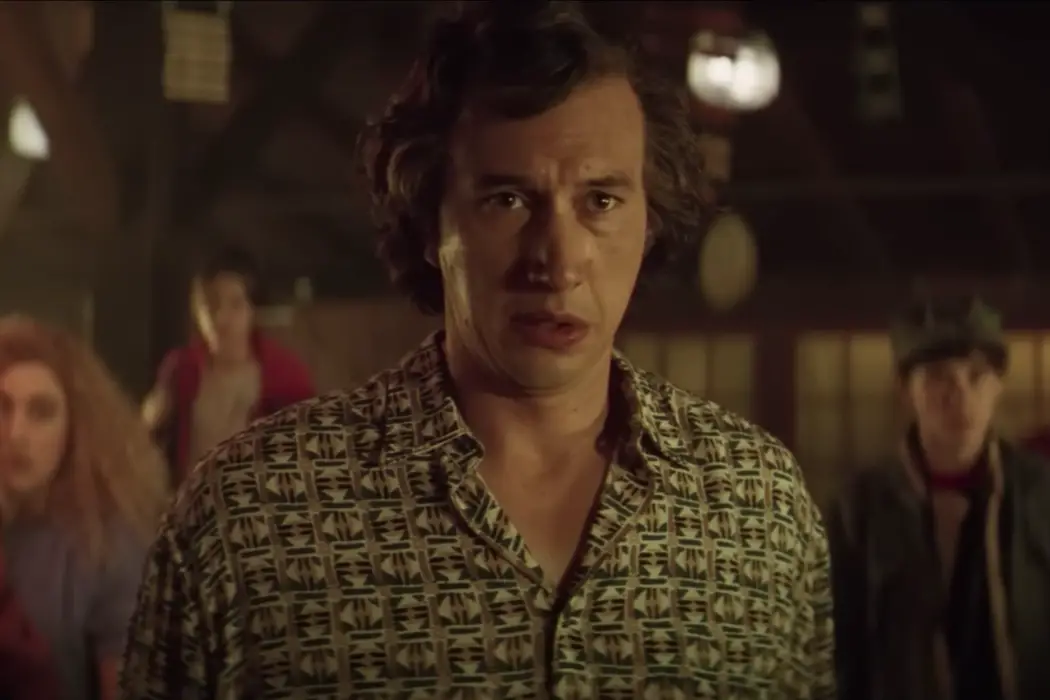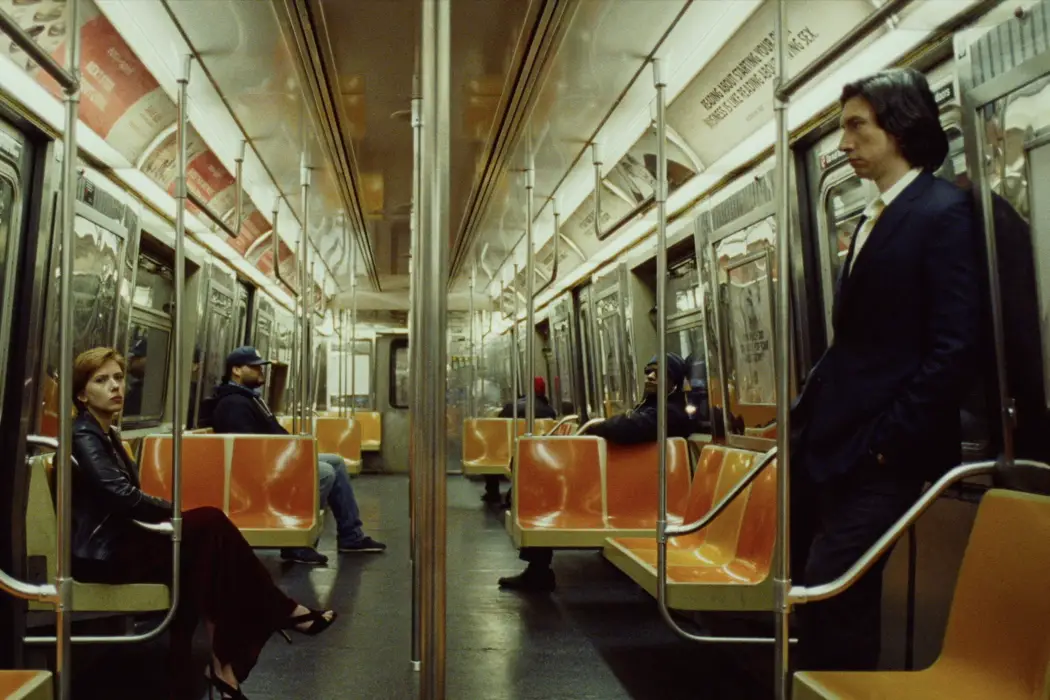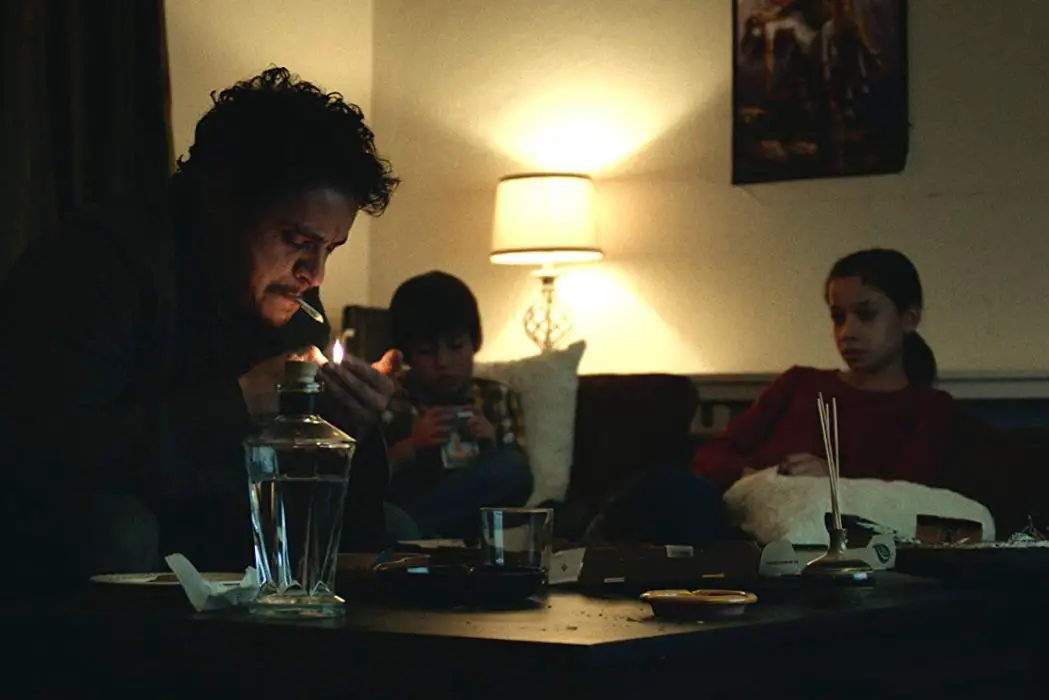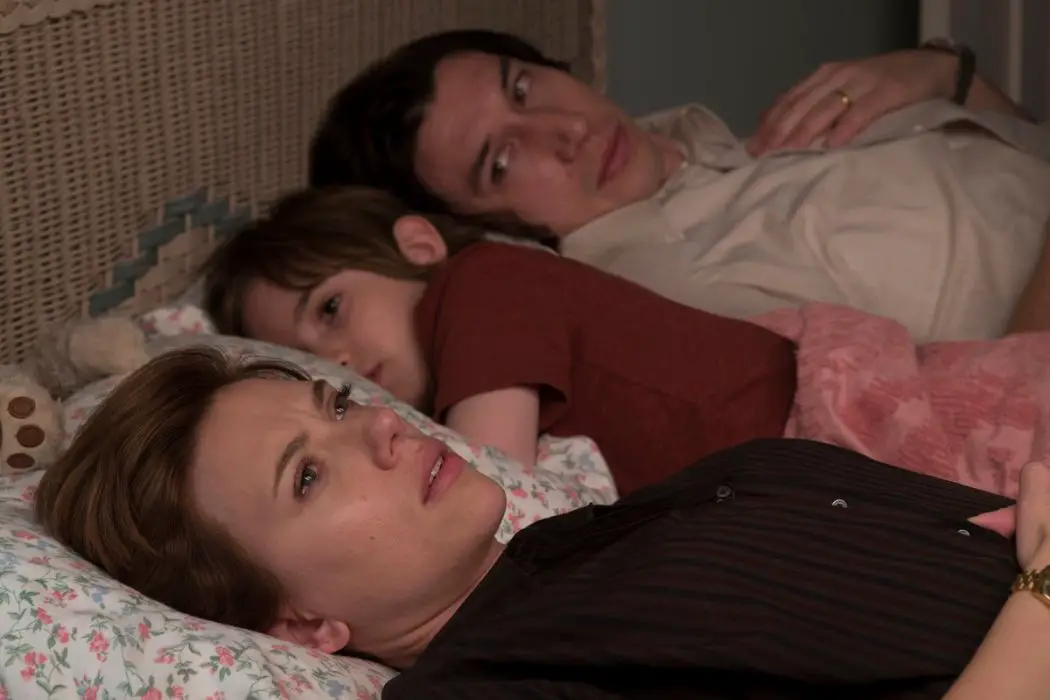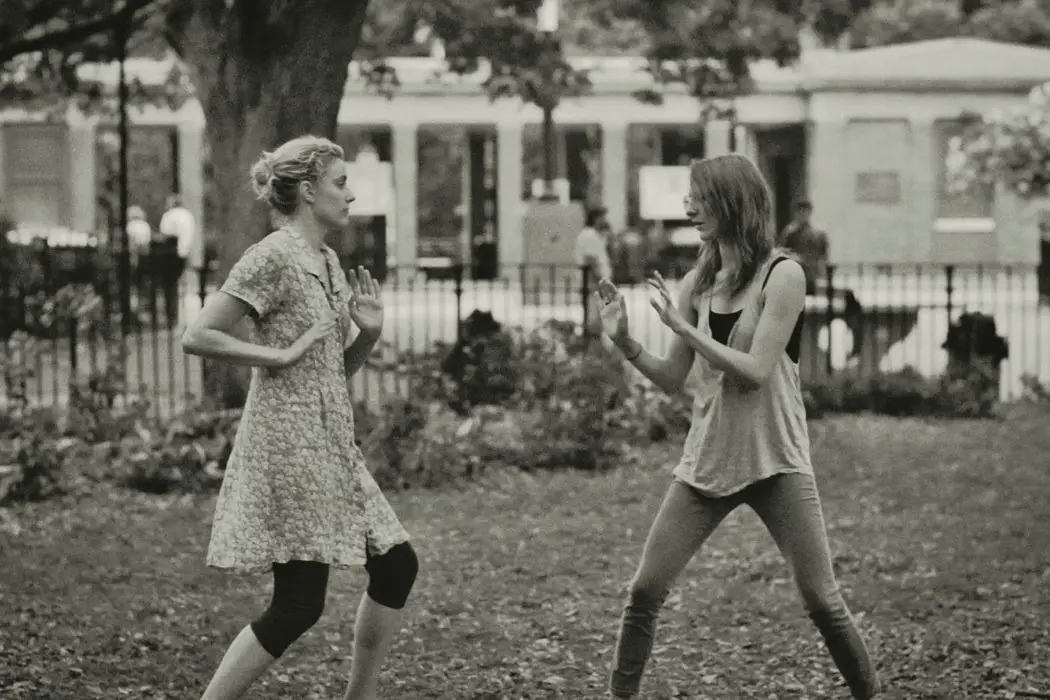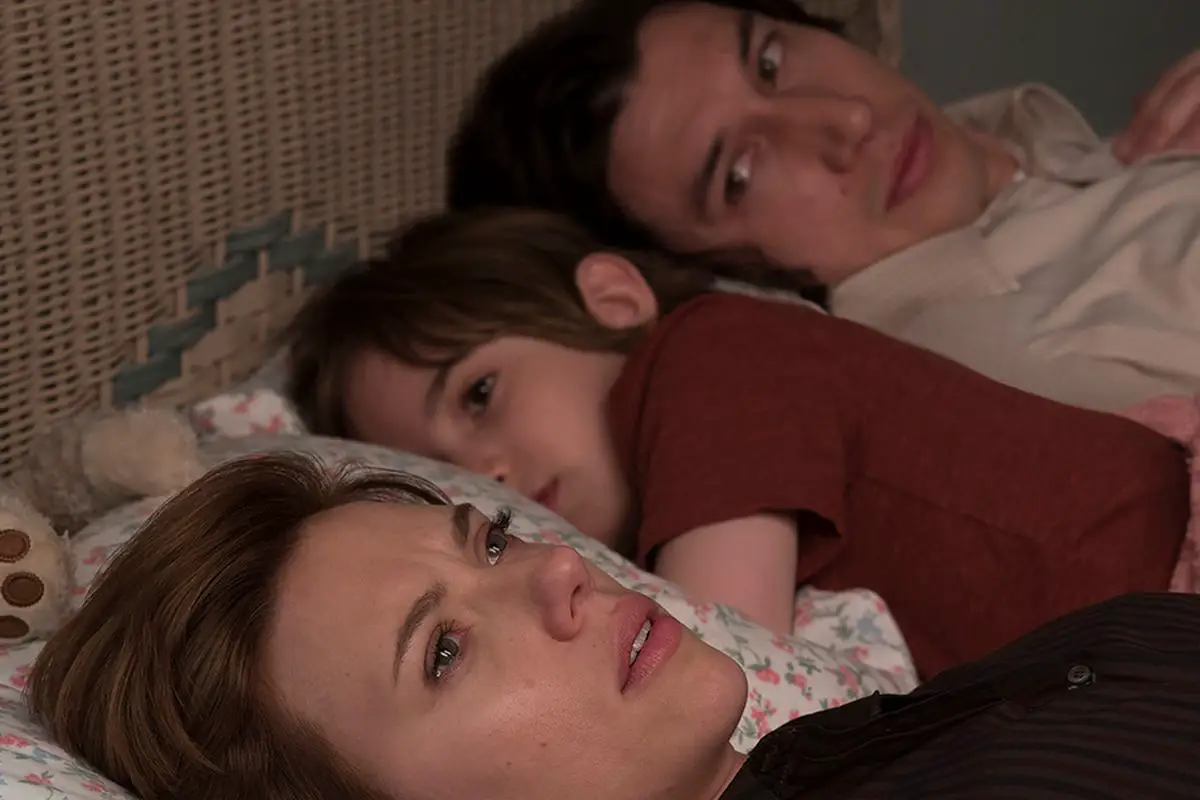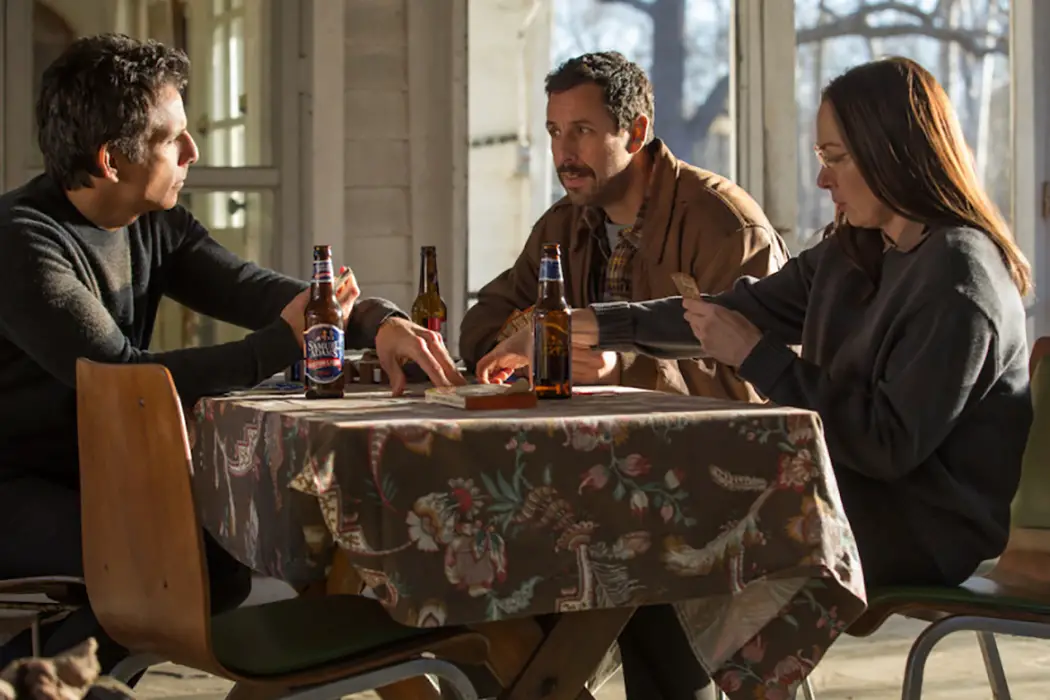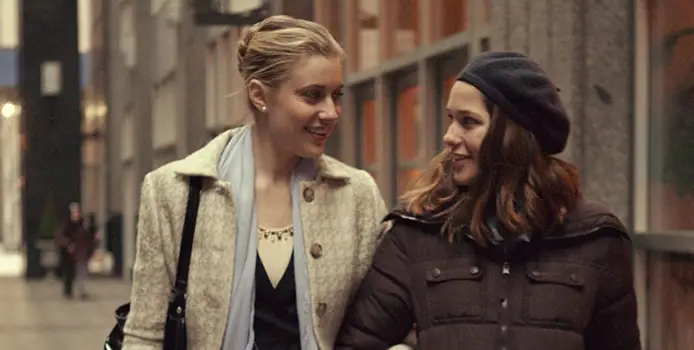Noah Baumbach
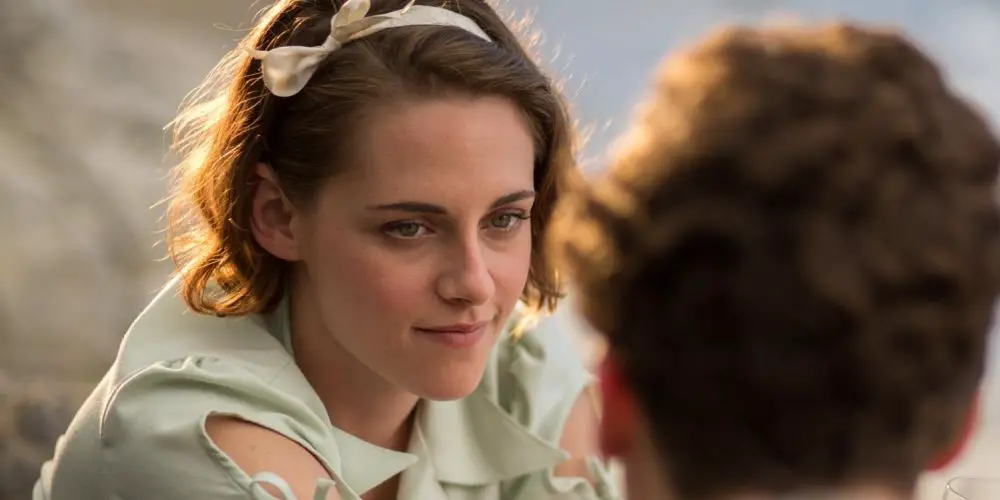
It now appears to be a given that every few years, Woody Allen produces a film hailed by critics as a “return to form”. In keeping with relatively recent late period offerings such as Blue Jasmine, Midnight in Paris and Vicky Cristina Barcelona, Café Society has also been afforded that accolade. Is this lazy journalism or a concise way of communicating that he has again crafted a film that bears the hallmarks of this aging auteur’s better judgement?
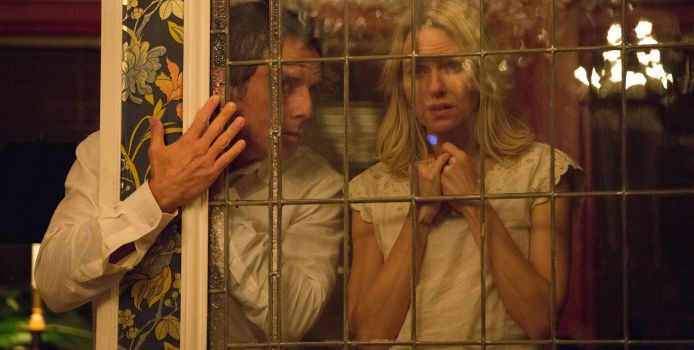
No matter how good their circumstances are, many young people wish they were born in a different time, in a different place, belonging to a different generation they believe they fit in with more. This is almost definitely due to the influence of pop-culture; the 80’s weren’t exactly the best time to live in, yet show a John Hughes movie to any impressionable teenager and they will almost definitely long to have lived in that time period. While We’re Young, the best film to date from director Noah Baumbach, takes a unique look at this theme in the space of one of the best movie montages in recent memory – whereas the young, hipster types long to live in an area of vinyls, VHS tapes and typewriters, the ageing are trying to stay relevant to today, filling their lives with useless technology in order to stay relevant in an ever changing society.

